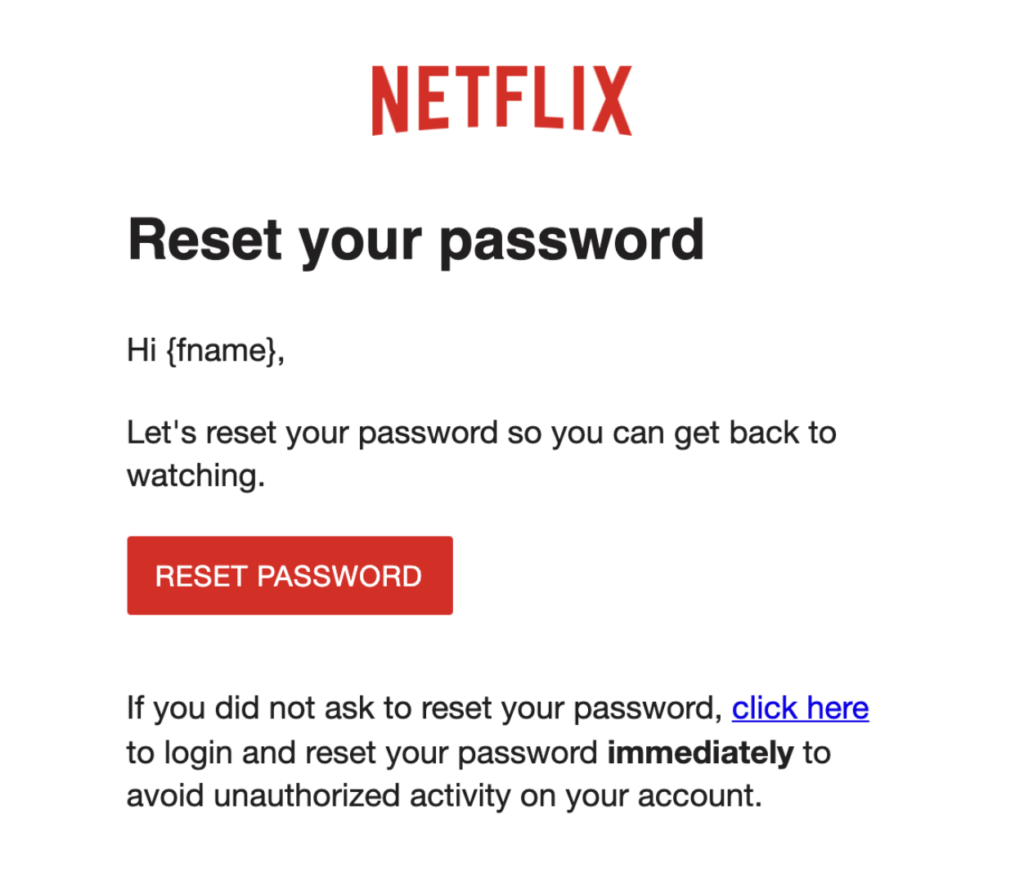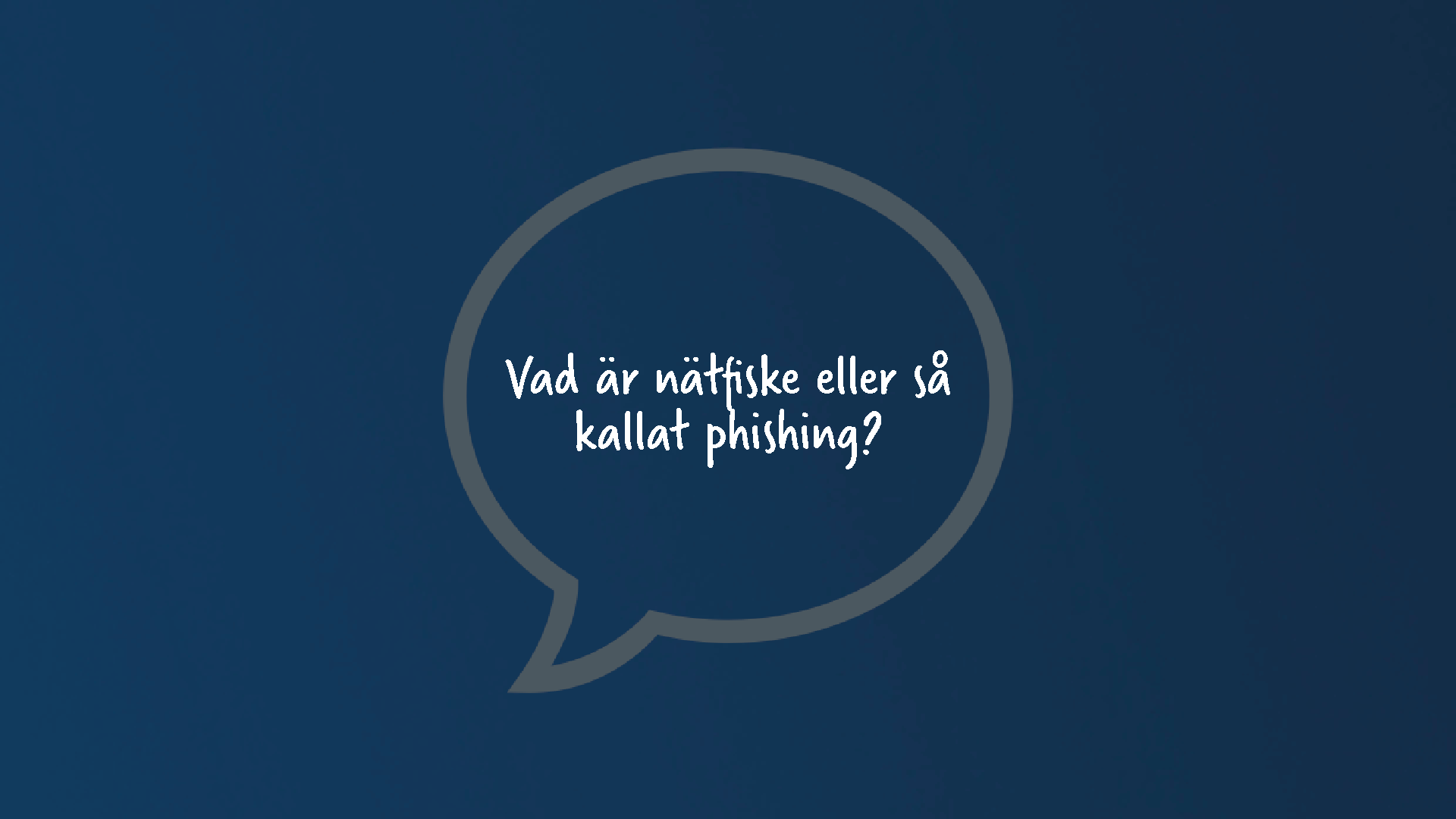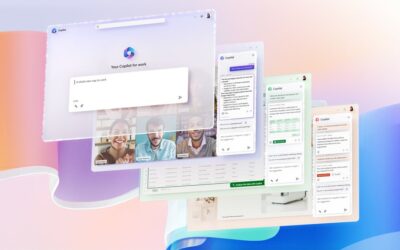Find out the most important facts about phishing in web links & emails.
Phishing is a method of accessing valuable information such as credit card numbers, usernames & passwords. Criminals do this through fake emails & websites.
If you are tricked into entering your email username & password, criminals can:
- Access login for other accounts such as business systems & LinkedIn etc.
- Send & read your emails and request information from colleagues and suppliers.
Fraudsters often use well-known brands such as Microsoft, Apple, Netflix, etc. The risk is that you have an established relationship with the brand.

Fake variants are usually identical copies of genuine emails and websites.
Often the message is designed to make it urgent for the user to take action and it usually includes a link that the sender asks you to click on.
Calling the bluff
Even if the display name is correct, sometimes the e-mail address can give away the scam.
Example of scam address:
Apple Support <noreply@fake-foxmail.com>
Microsoft Support <support@micr0soft.com>
The letter O is replaced by a zero. The same may apply to URLs. www.gooqle.se Q replaces G.
Read more about Cybersecurity: www.zelly.se/cybersakerhet



